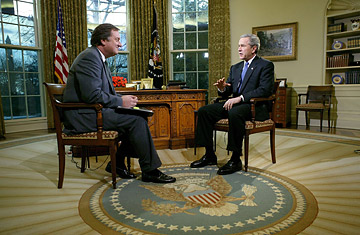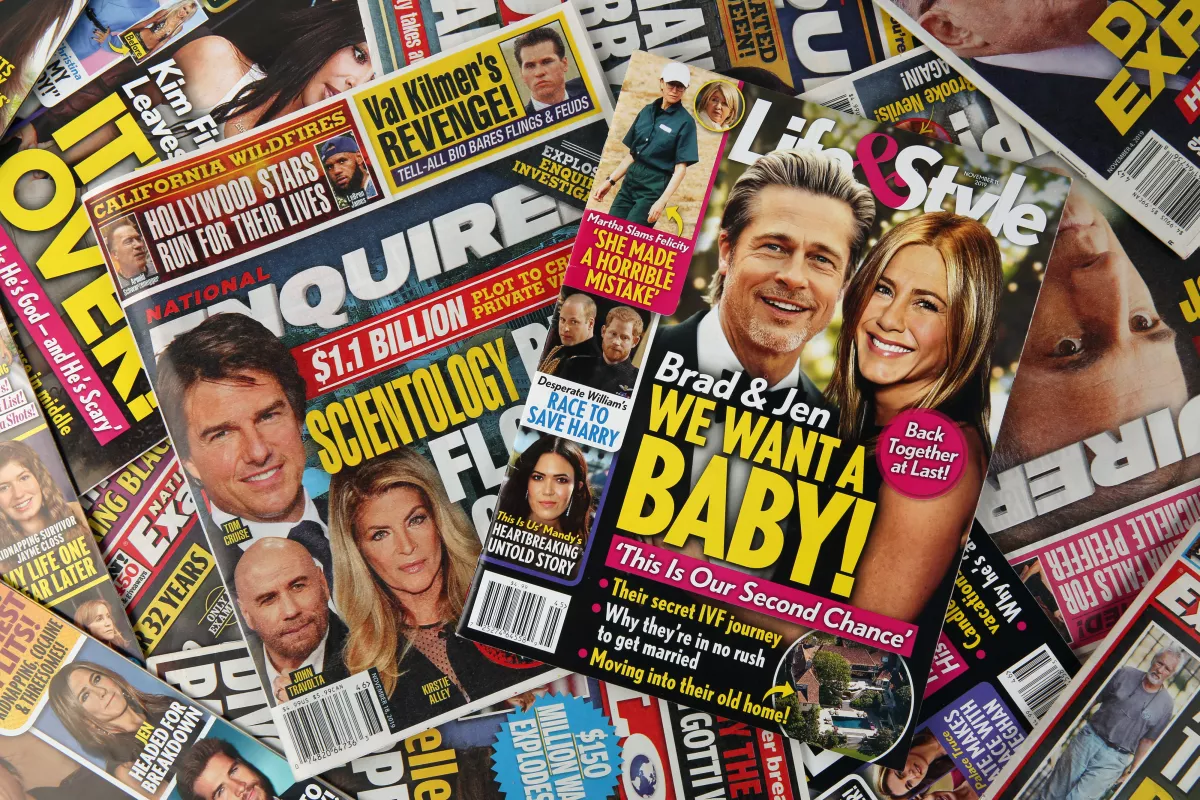From this week's EOTO presentations, I was surprised by how much new information I learned. Some of the most intriguing presentations to me were those about the history of anonymous sources, "gotcha" journalism, celebrity journalism, The Women's Pages, and Gonzo Journalism.
History of Anonymous Sources
Something I found interesting from this presentation is that some people argue that having anonymous sources takes away from the credibility of the press.
Some of the examples this group mentioned, such as the OJ Simpson and Judith Miller cases, I've heard of in the past. However one of the cases, Watergate, was completely new to me.
I learned that in this case, FBI assistant director, Mark Felt, met secretly with the Washington Post journalists and Woodward and Bernstein to confirm information that lead to the impeachment trial of the President, Richard Nixon, making Mark Felt an anonymous source.
I also learned a lot about Shield Laws. Shield laws protect journalists against the disclosure of confidential information and witnesses from having to give up certain information regarding their sexual history or things like that. Another important thing this group mentioned was that it's important to understand the difference between on-the-record, on-background, on-deep background, and off-the-record. Not knowing these terms could lead to losing trust in anonymous sources.
"Gotcha" Journalism
Celebrity Journalism
This topic was very intriguing to me because I feel like most people think they already know wall they need to know about celebrity journalism, but this presentation showed me that there are still lots of aspects to it that I wasn't aware of.
Celebrity journalism traces all the way back to the first ever interview with President, John Quincy Adams when he was interviewed by Anne Newport, clearly, this kind of reporting has been around for quite some time. However, the meaning of celebrity is actively changing, and therefore, so is this kind of journalism.
During its early days, celebrity journalism was shifting in society as it was being consistently produced and consumed. However, being able to look into the private lives of celebrities came at a cost because this coverage took away from coverage of public life and politics and what some people would consider “more important” news.
In modern-day, celebrity journalism is found in tabloids, news publications dedicated to celebrities, social media, and celebrity news programs such as E! News and Entertainment Tonight. Also, with how developed technology and social media have become, social media has given a new sense of closeness to celebrity journalism and has become very difficult to escape.
The Women's Pages
I was also very interested to learn about The Women's Pages as a female writer. These pages were originally considered sexist columns that were trying to expand the female audience by reporting on commonly feminine topics. This was because male editors and writers didn't like seeing women in the newsroom and women complained that people weren't taking them seriously. Also, male writers had no interest in writing for the female audience, as a woman this is hard to hear because women did not deserve the treatment they were getting.
WWII brought more women into journalism, this connects to my EOTO project on propaganda because I made a point that during this time, propaganda inspired women to work jobs that were typically considered "a man's job," but as soon as the men returned they were forced out of these jobs and had to go back to the roles they were used to before the war. This is a very interesting connection and only strengthens the fact that WWII was a very powerful time for women.
I also learned from this presentation that The Women's Pages were originally confined to only talking about the Four F's: food, fashion, families, and furnishings. This only reinforces how sexist men made these pages when they were first created.
Gonzo Journalism
Gonzo Journalism is a kind of journalism that uses humor, sarcasm, exaggeration, and profanity to get a point across. This kind of journalism publicly displays the reporter’s own views, observations, and experiences. This kind of writing also allows the writer to insert themselves into the story. This is not typically seen in straightforward, journalistic writing and actually goes against the typical rules of journalism.
I also learned that the Father of Gonzo Journalism was a man named Hunter S. Thompson. The term was first used by a writer in the Boston Globe to describe Thompson's work. The term "Gonzo" itself has arguable origins. Some say it was taken from south Boston Irish slang after an all-night drinking marathon whereas others say that it was named after a 1960s song called Gonzo written by James Brooker.
Thompson's most famous piece was one that he wrote for Rolling Stone called, "Fear and Loathing." This piece was so famous that it was even made into a motion picture starring Johnny Depp and Benicio Del Toro. The plot of the film is about a journalist and his attorney struggling to report on a motorcycle race after a run-in with a series of drugs in Vegas.
Overall, what I learned is that Thompson didn’t just create a new form of journalism, he created a new form of thinking.







No comments:
Post a Comment